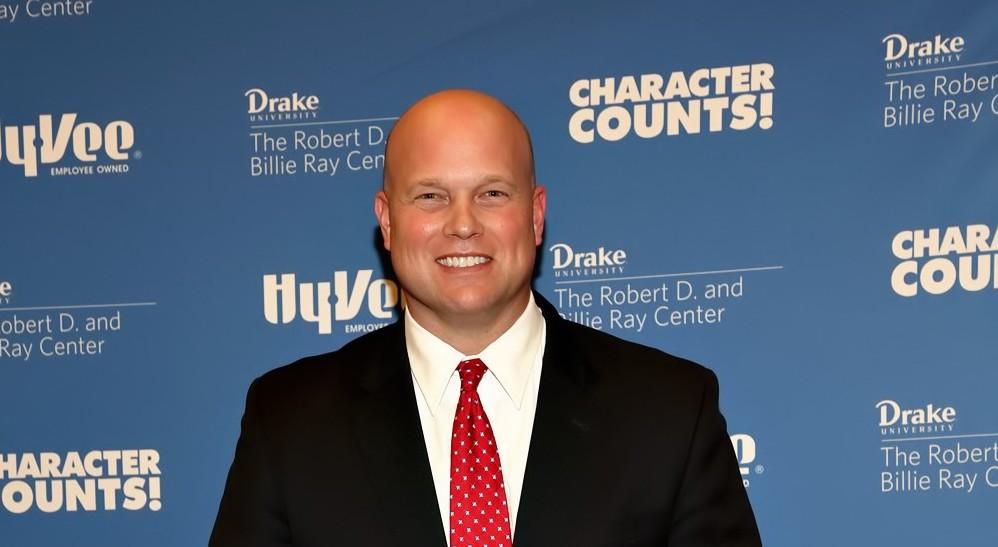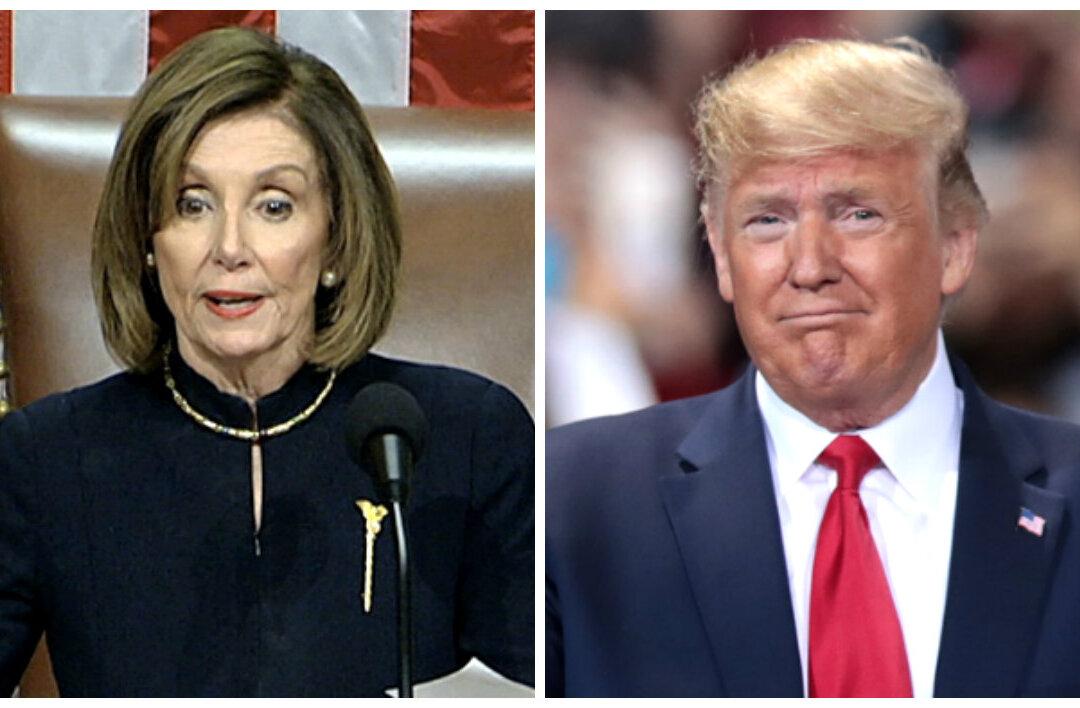Acting U.S. Attorney General Matt Whitaker has been on the job less than a week after taking over for former Attorney General Jeff Sessions, but he’s already facing a legal challenge to his new role.
In a motion filed in Maryland federal court on Nov. 13, the State of Maryland is seeking an injunction to Whitaker’s ascendancy, arguing that a constitutional clause makes Deputy Attorney General Rod Rosenstein the rightful successor to Sessions.





